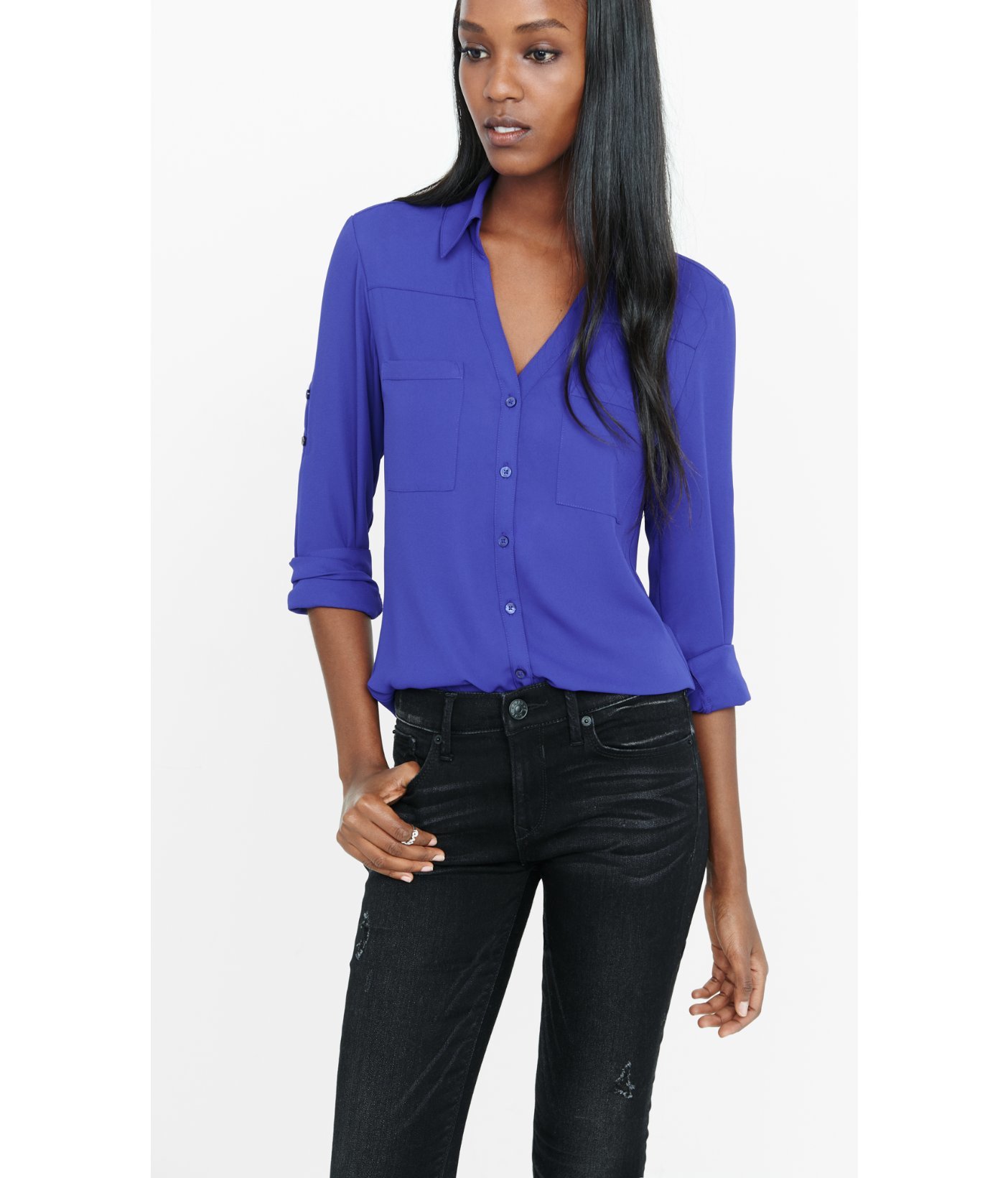
In this way a social tag may influence one's facial appearance. Together, these studies suggest that facial appearance represents social expectations of how a person with a specific name should look. A self-fulfilling prophecy seems to be at work, as initial evidence shows that facial appearance regions that are controlled by the individual (e.g., hairstyle) are sufficient to produce the effect, and socially using one's given name is necessary to generate the effect. In our exploration of the underlying mechanism, we show that existing name stereotypes produce the effect, as its occurrence is culture-dependent. We also find the effect using a computer-based paradigm and 94,000 faces. We replicate the effect in 2 countries and find that it extends beyond the limits of socioeconomic cues. In 8 studies we demonstrate the existence of this effect, as participants examining an unfamiliar face accurately select the person's true name from a list of several names, significantly above chance level. The hypothesis is that name stereotypes can be manifested in facial appearance, producing a face-name matching effect, whereby both a social perceiver and a computer are able to accurately match a person's name to his or her face. The current research investigates the reverse possibility: Can social perceptions influence facial appearance? We examine a social tag that is associated with us early in life-our given name.

Research demonstrates that facial appearance affects social perceptions. This suggests that being addressed by the name we like can raise our confidence momentarily, and it reflects subtly in neutral expressions. The images in condition (1) were perceived as more attractive/confident than other images. A number of Japanese observers viewed three images of the same model at once and ordered them according to their attractiveness (Study 1) and confidence (Study 2). Twenty-one Japanese models took three photographs of their faces while imagining (1) being addressed by names they like, (2) being addressed by names they dislike, and (3) being addressed by their surnames with titles.

Envisaging being addressed by a specific name (given name, nickname, and formal title) are used to alter the models’ internal states instead of clothing. The present study aimed to replicate this. Although the models displayed neutral expressions for both cases, their faces while wearing attractive clothing were perceived as more attractive because, it was argued, the attractive clothing raised their confidence, which was observable on the neutral faces. A previous study took facial photographs of female models while wearing attractive and unattractive clothing. Even when a person is portraying a neutral expression, their internal feelings can be reflected subtly on their face, and observers can perceive them.


 0 kommentar(er)
0 kommentar(er)
